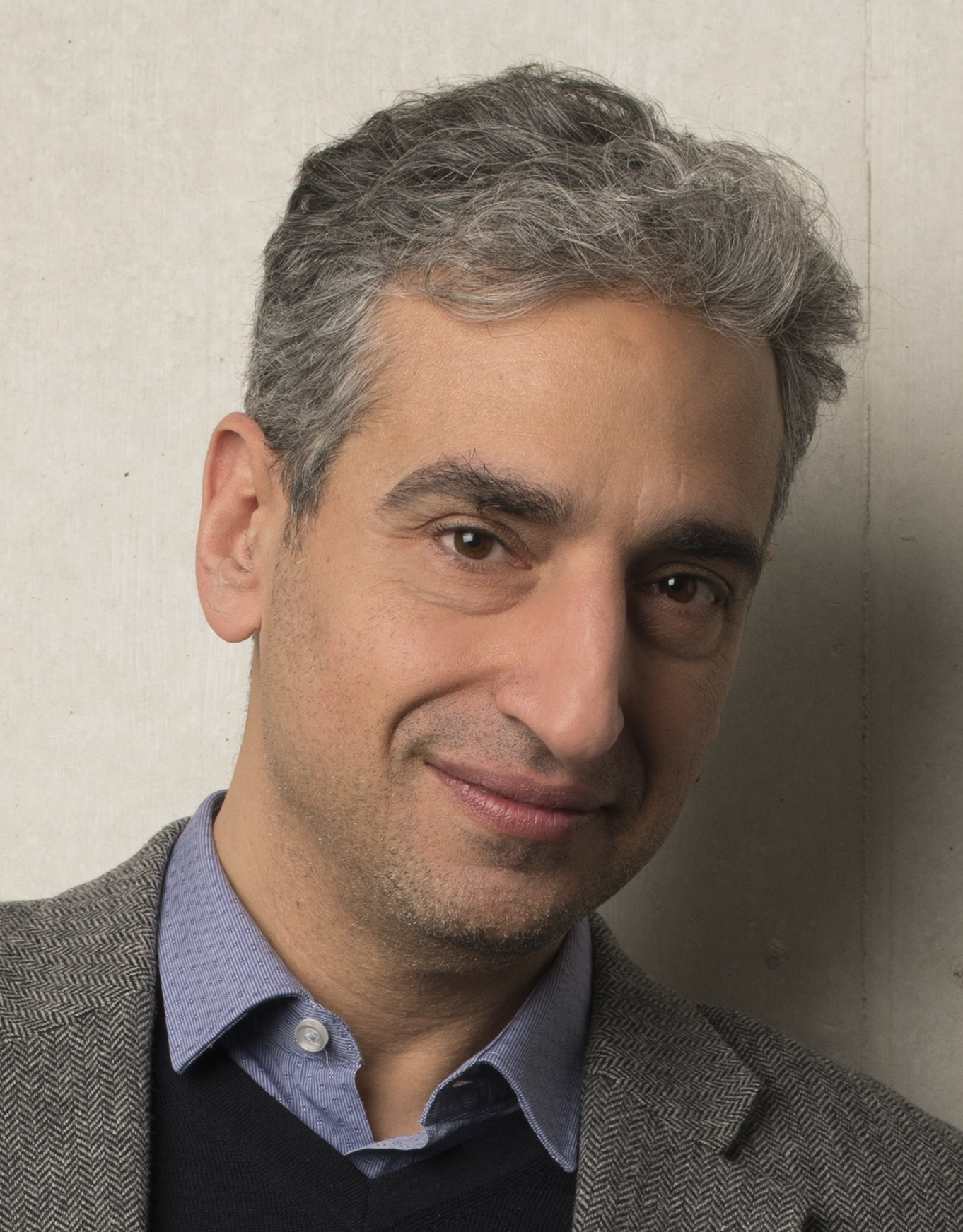Firstbridge courses are offered to degree seeking freshmen and registration is done via webform in pre-arrival checklist.
Professor(s)
Notes
In this class we consider authors who have used narratives, essays, journals, correspondence, and playfully inventive forms to explore different aspects of self-knowledge. The course has critical and creative components. Critical, since students develop skills of reading analytically and learning how to situate a text within a particular historical context. Creative, since students practice autobiographical writing in the forms deployed by their assigned authors. By learning how others have documented their experience across different genres, students become better readers of themselves and the world around them. They moreover enhance their ability to articulate this understanding in writing with greater clarity. Authors studied may include Saint Augustine, Michael de Montaigne, Madame de Sévigné, Jean-Jacques Rousseau, Vincent van Gogh, Jules Renard, Charlotte Salomon, Alejandra Pizarnik, Joe Brainard, Maryse Condé, Tsitsi Dangarembga, Han Kang, and Maria Stepanova.
Learning Outcomes
- Students will comprehend how information is produced and valued in order to discover, evaluate, use, and create information and knowledge effectively and ethically. In FirstBridge, students will demonstrate the conversational nature of scholarship, and recognize their potential role and responsibilities as contributors to that conversation. For each discipline taught in FirstBridge, students will identify reference works, journals, databases and/or major works in history, in order to start effective research in the field. (FB LO1)
- Students will acquire the study skills, time management, and interpersonal skills needed to meet the demands of university-level academic work at a Liberal Arts College individually or as a team. Students will value the multiple meanings of place through experiential learning at AUP and beyond in the Parisian or global context. (FB LO2)
- To explore autobiographical writing in the West, from the dawn of Christianity to the present.
- To recognize how differences of form affect how the self can be told.
- To become acquainted with the methods of several disciplines in the humanities, both scholarly (history, art history, comparative literature, philosophy) and creative (fine arts, creative writing).
- To provide an introduction to some French culture and history through our readings (authors taught include Montaigne, Rousseau), reflective seminars (museum visits, city sights), and a study trip to Bordeaux and Saint-Emilion (designed to reinforce elements taught in both FB courses).
- To complement the curriculum of "A Sense of Place: Paris on the Page" (EN1099FB14), which students in this course will take as well.
- Students will enhance their intercultural understanding of languages, cultures and the histories of local societies, and the global issues to which these relate. (CCI LO1)
- Students will engage with artistic or creative objects (eg visual art, theatrical works, film) in different media and from a range of cultural traditions. (CCI LO2)
Syllabus
Book List
| Title | Author | Publisher | ISBN Number |
|---|---|---|---|
LETTER TO THE FATHER | KAFKA, FRANZ | SCHOCKEN | 9780805212662 |
THE BODY WHERE I WAS BORN | GUADALUPE NETTEL | SEVEN STORIES | 9781609807511 |
Schedule
| Day | Start Time | End Time | Room |
|---|---|---|---|
Monday | 13:45 | 15:05 | G-L22 |
Thursday | 13:45 | 15:05 | G-L22 |

